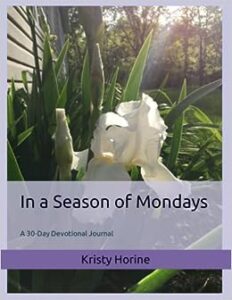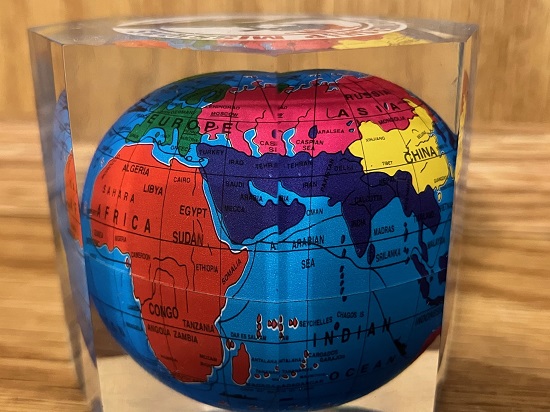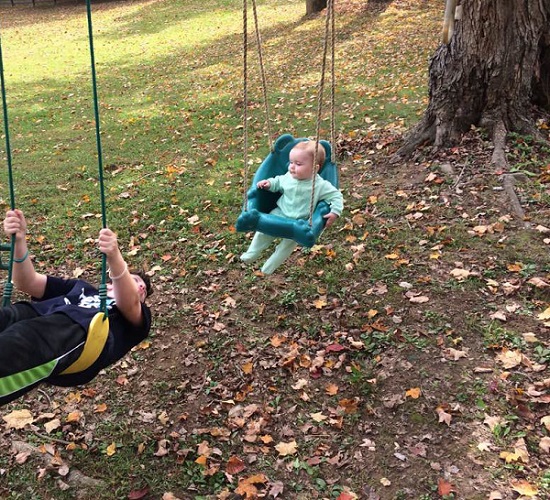
 Please welcome my friend Kristy Robinson Horine as today’s guest writer. Kristy and I met at Kentucky Christian Writers Conference, where she serves on staff. Kristy makes her life in Paris, Kentucky with her husband, Eric, and is mother to four children – Hanson, Anna, Emily, and Sadie. Her professional and creative work has been published in newspapers, magazines and anthologies in Kentucky and beyond. She offers encouragement for each day through her book, In a Season of Mondays: A 30-Day Devotional Journal.
Please welcome my friend Kristy Robinson Horine as today’s guest writer. Kristy and I met at Kentucky Christian Writers Conference, where she serves on staff. Kristy makes her life in Paris, Kentucky with her husband, Eric, and is mother to four children – Hanson, Anna, Emily, and Sadie. Her professional and creative work has been published in newspapers, magazines and anthologies in Kentucky and beyond. She offers encouragement for each day through her book, In a Season of Mondays: A 30-Day Devotional Journal.
I knew before I came into the kitchen, I was in trouble. My daily responsibilities took longer than anticipated. I still had to put away groceries and unload the dishwasher before I could start supper. My day had not gone as planned, and I was out of sorts.
To be out of sorts means to be jumbled together or mixed up.
Sometimes, being out of sorts happens the moment our feet hit the floor in the mornings. There is no rhyme or reason for the feeling. It just happens.
Sometimes, being out of sorts happens because of other people’s decisions:
- A child volunteers to bring cookies to an event but doesn’t tell us until the night before.
- A co-worker drops the ball, and we are left to pick up the pieces.
- Another driver gets distracted and crashes into our car.
Other times, being out of sorts happens because of the decisions we make:
- We forget to unload the dishwasher at the right time.
- We say yes to too many things.
- We don’t communicate well, causing chaos and conflict.
Whether being out of sorts comes from within us or from others, we can still choose to act in a way that pleases God.
We find clues in one of my favorite passages in the Bible.
“Since many have undertaken to set in order a narrative concerning those matters which have been fulfilled among us, even as those who from the beginning were eyewitnesses and servants of the word delivered them to us, it seemed good to me also, having traced the course of all things accurately from the first, to write to you in order, most excellent Theophilus, that you might know the certainty concerning the things in which you were instructed” (Luke 1:1-4 World English Bible).
Learning from this passage, we can easily get back on track, even though we find ourselves out of sorts. We can:
- Listen to those who have been there.
- Look at our situation with accuracy.
- Lead others to know the truth.
What are ways you find yourself out of sorts? Can you listen, look, and lead to put things right?
 Subscribe to receive Diana’s weekly posts by email and receive a free copy of “Words of Hope for Days that Hurt.” On September 9, 2023, one name will be randomly selected from Diana’s mailing list to also receive a free copy of Kristy’s In a Season of Mondays. If your name is already on the mailing list, you are automatically entered. Please encourage your friends to subscribe.
Subscribe to receive Diana’s weekly posts by email and receive a free copy of “Words of Hope for Days that Hurt.” On September 9, 2023, one name will be randomly selected from Diana’s mailing list to also receive a free copy of Kristy’s In a Season of Mondays. If your name is already on the mailing list, you are automatically entered. Please encourage your friends to subscribe.
Do you have an expression you want explained or a thought about this one? If so, please comment.
 Sometimes we want people to give it a rest. Their constant talk or actions get on our nerves. Of course, we probably get on their nerves from time to time too.
Sometimes we want people to give it a rest. Their constant talk or actions get on our nerves. Of course, we probably get on their nerves from time to time too.









